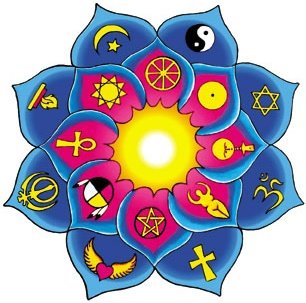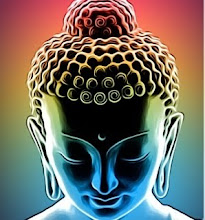"Then the righteous will answer him, 'Lord, when did we see you hungry and feed you, or thirsty and give you something to drink? When did we see you a stranger and invite you in, or needing clothes and clothe you? When did we see you sick or in prison and go to visit you?'
"The King will reply, 'I tell you the truth, whatever you did for one of the least of these brothers of mine, you did for me.'" (Matthew 25)

This morning's Meet the Press featured a fascinating discussion among a half-dozen religious leaders of various faiths talking about faith and politics. Of course, Buddhism was not represented, but several of the guests did speak about changing the focus of American spirituality away from the destructive politics surrounding issues like abortion, gay rights and genetic research and towards more basic principles of lovingkindness, compassion and social justice.
I was impressed by three of the speakers in particular: Rabbi Michael Lerner (Jewish), Sister Joan Chittister OSB (Catholic), and Professor Seyyed Hossein Nasr (Muslim). All three encouraged Americans of faith to turn their attention to addressing poverty, social inequality, environmental destruction, corporate greed and the erosion of civil liberties in the United States. While all three declined to characterize the United States as "a Christian nation," they each argued in favor of reaching out to the less fortunate in ways that are more "Christlike."
I came away from the program feeling a little more hopeful that there are social progressives among all of the world's faiths. If people of all spiritual paths can come together out of love and compassion and treat others with lovingkindness and compassion, then perhaps we can begin to rid the world of the grinding poverty, ignorance and suffering that foments so much violence, injustice and disease.

1 comment:
I watched that show as well. I too was disappointed that Buddhism wasn't represented as usual.
I sent them an email asking that they include Buddhism now and then.
These kinds of discussions amost always only touch on Christianity, Judaism and Islam. Which are all mostly just reflections of the same religion.
I was a positive discussion I thought as well.
Post a Comment